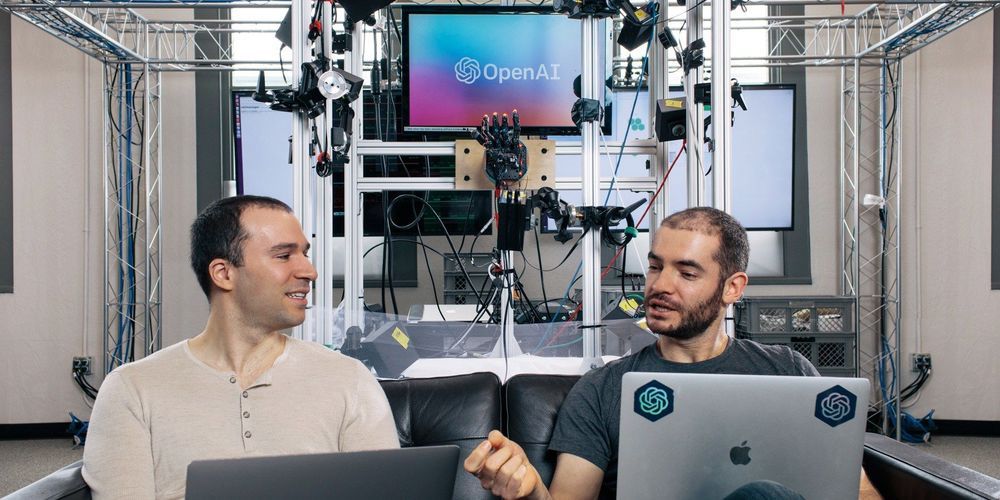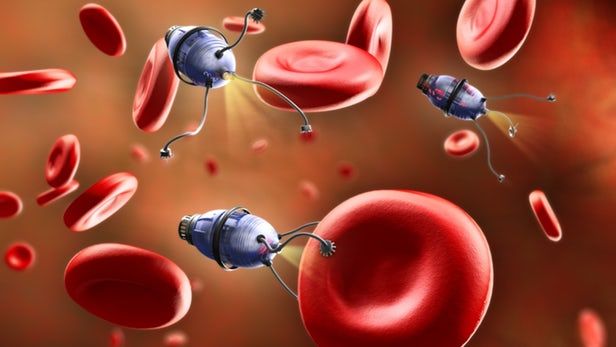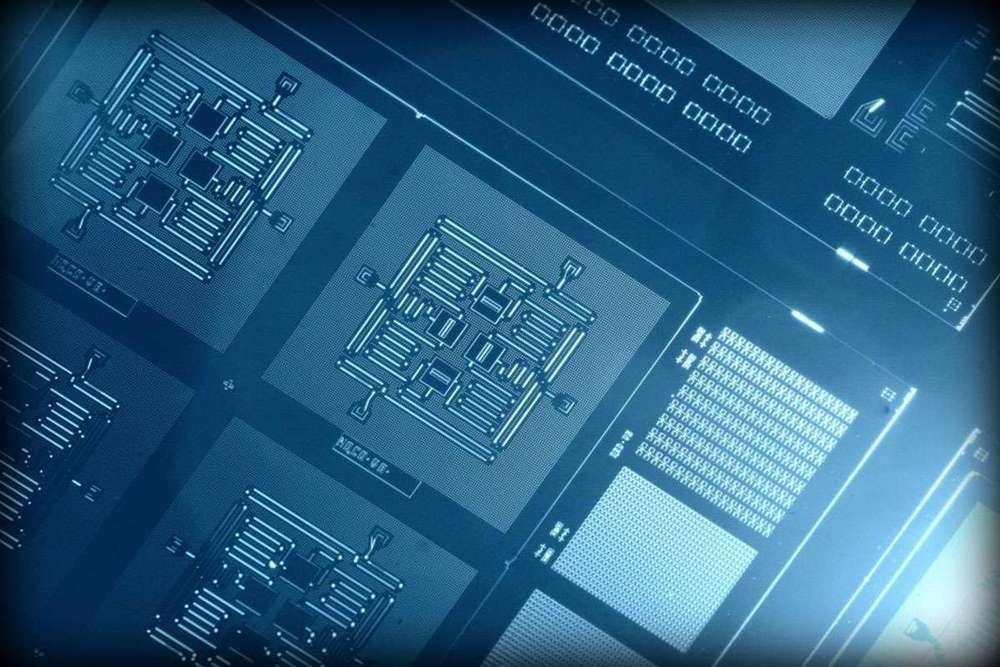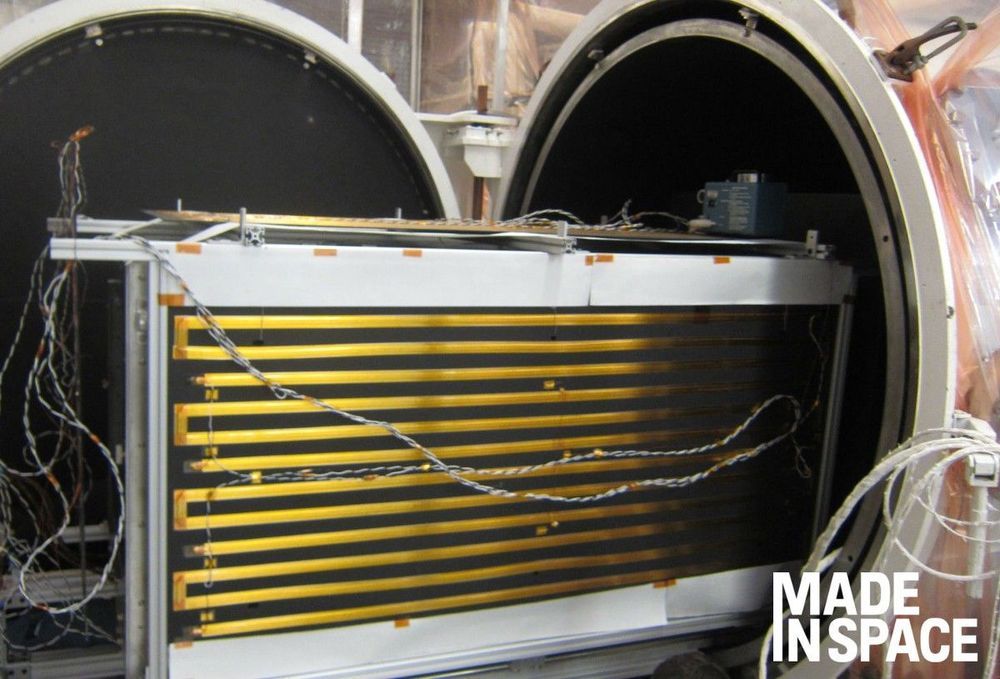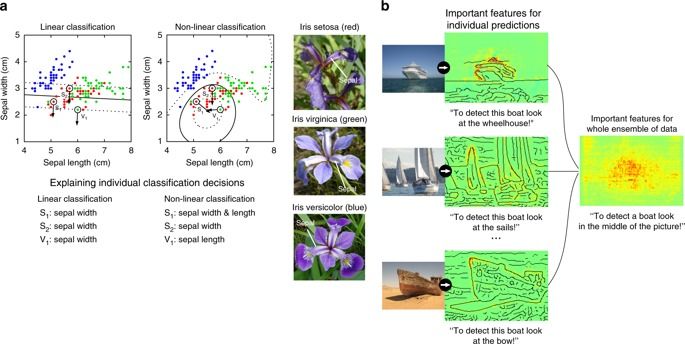Bitnation is growing up.
🔥 🔥 🔥 NEW RELEASE: #BITNATION JURISDICTION v. 1.4.0 for Android and iOS 🤩 🥳 🥰
The 1.4.0 release has been a crazy road! After the 1.3.4 release, we thought “this app somehow does not say: ”I’m a virtual nation” or ”I’m a blockchain jurisdiction”, but rather we thought it looked more like a confused web3 app which didn’t really know its purpose.
Hence we went back to the drawing board, to put the governance functions in the very center of the user experience. The result is 3 bottom menu main categories, including TOWNHALL, NATIONS and the brand new GOVMARKET. All other functions moved to a new side menu.



